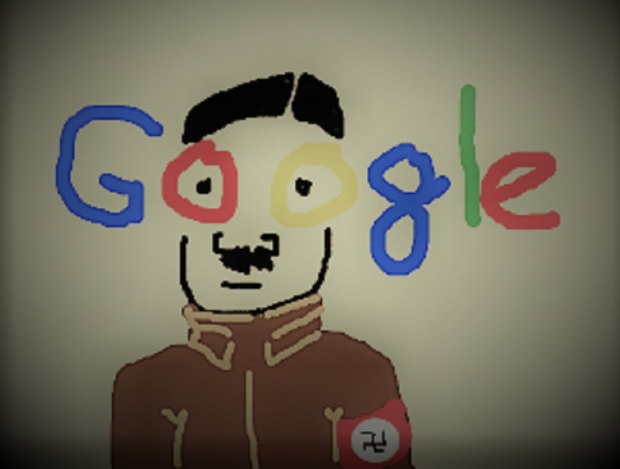The search engine outfit has promised to police its websites better by ramping up staff numbers and overhauling its policies after several companies deserted the internet giant for failing to keep their adverts off hate-filled videos.
Major companies from supermarkets to banks and consumer groups pulled their adverts from its YouTube site after they appeared alongside videos carrying homophobic and anti-Semitic messages.
Apparently they did not know that fashionable fascist is all the rage these days and you are a no-body if you are not blaming a minority for the fact you cannot win the lottery.
Google launched a review of the problem on Friday, apologised on Monday and said on Tuesday it had revamped its policies to give advertisers more control.
The company, which had said it struggled to monitor the 400 hours of video uploaded to YouTube every minute, said it would hire significantly more staff and speed up the process of removing ads from hateful and offensive content that attacks people based on their race, religion or gender.
"We believe the combination of these new policies and controls will significantly strengthen our ability to help advertisers reach audiences at scale, while respecting their values," Philipp Schindler, Google's chief business officer, said in a blog.
Britain is Google's largest market outside the United States, generating $7.8 billion mainly from advertising in 2016, or nearly 9 percent of the US giant's global revenue.
Well-known British brands pulling the plug and some of the world's biggest advertising companies responsible for placing vast amounts of marketing material for clients, said they were reviewing how they worked with Google.
Google said the YouTube team was looking at changing its existing guidelines on what content should be allowed on the platform and giving more visibility to advertisers and agencies so they can see where adverts are appearing.
"We'll be hiring significant numbers of people and developing new tools powered by our latest advancements in Artificial Intelligence and machine learning to increase our capacity to review questionable content for advertising," Schindler said.
Where adverts were found next to videos advocating extremism, YouTube will seek to resolve the case in less than a few hours.
The boycott is the latest clash between advertising companies, media publishers and the internet giants that have built up dominant positions in digital advertising by offering not only huge audiences but also the ability to apply their user data to make ads more targeted and relevant.
Analysts have said the scandal could benefit traditional media publishers such as newspapers and broadcasters, which can promote their services as a trusted and safe online platform.




